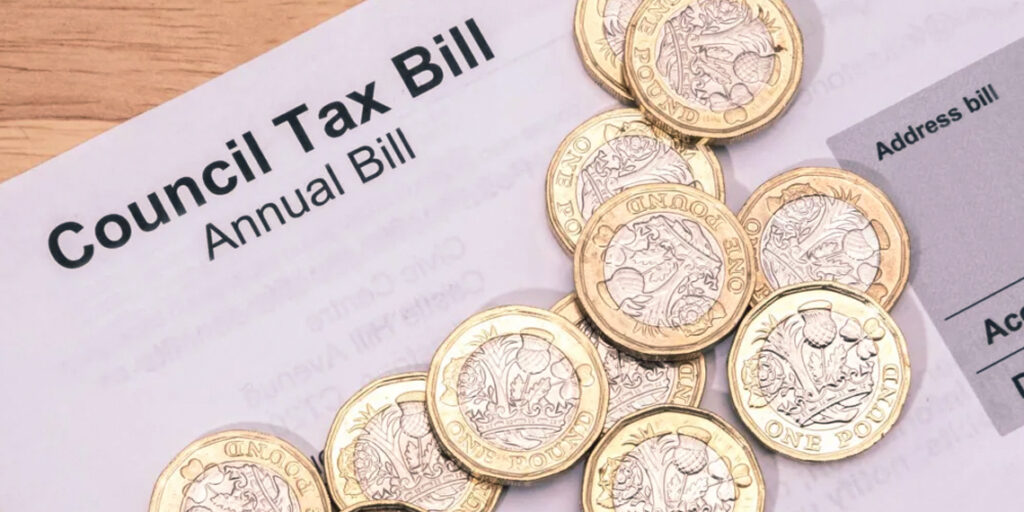Kent residents will see their council tax bills rise by 4.99% from April, as part of the latest Kent County Council (KCC) budget for 2025-26.
The increase means Band D households will pay an extra £6.40 per month—totalling just over £76 more per year.
The tax hike was approved at a KCC Cabinet meeting on Thursday, with council leaders highlighting the financial strain on essential services.
Council leader Roger Gough defended the decision, describing it as “right budget for the tough times in which we have to operate.”
Meanwhile, deputy leader Peter Oakford expressed regret over the rising costs, stating, “I’m more than sorry to be asking residents to pay more again.”
According to Gough, the council is facing severe financial pressures, particularly in adult social care, which he described as “the bleakest picture of all.”
The adult social care sector remains a key financial burden, with Mr Oakford revealing that KCC has allocated an additional £80 million this year—yet even that amount isn’t enough.
Under current government regulations, councils in England that provide social care can raise council tax by up to 5% without requiring special permission.
Oakford warned, “I can’t imagine a time when we won’t have to ask for the full amount, because adult social care is broken.
“It’s like the NHS, it just isn’t working and we need the government to do a proper review.”
To balance the budget, KCC has had to overhaul services and cut several valued programmes.
“Gone are the days of nice to haves,” Oakford added. “We have to spend what we have on looking after the most vulnerable people who need our help the most.”
The council has identified £96 million in savings and income generation, including:
Service transformations
Policy changes
Not replacing staff who leave
Reducing reliance on agency workers
How the Budget Was Approved
The budget was passed at County Hall, with:
41 councillors voting in favour
10 voting against
7 abstentions
Gough acknowledged that challenging years lie ahead, warning that financial difficulties will “remain extremely tough.”
Labour opposition leader Alister Brady blamed the Conservative administration, calling the budget shortfalls a consequence of “decades of Tory waste.”
He told cabinet members, “Unfortunately, some savings are inevitable because of your policy failures – we are forced to make these.
“But year on year, you make these cuts without mitigations.”
With local elections approaching in May, Brady warned the ruling Conservative council that “time is running out.”


